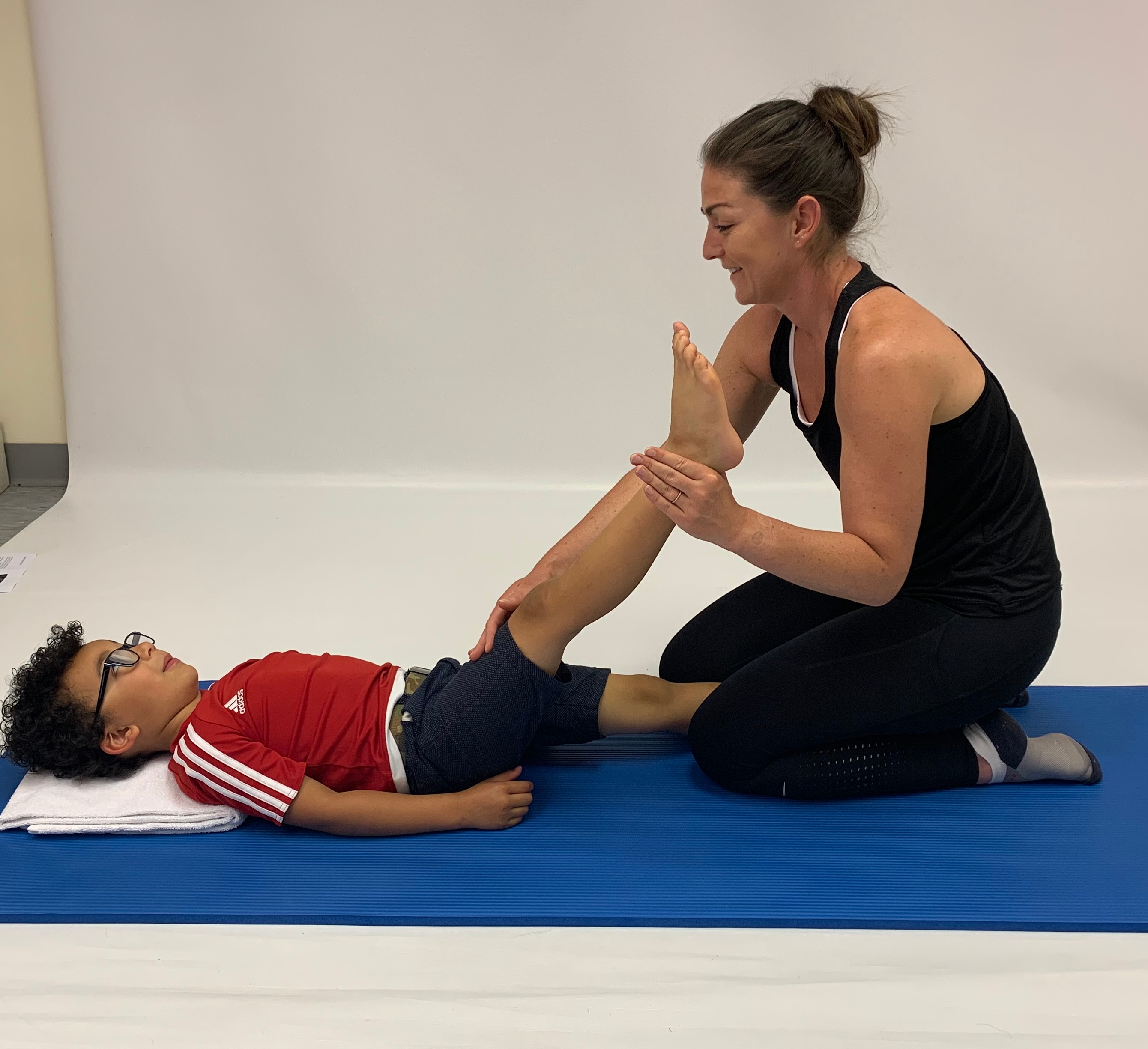
TMJ Physio Perth therapy includes remedial movements, laser treatment, deep-tissue therapy, and customised counselling to alleviate discomfort and improve complete jaw control. They’ll evaluate the signs and establish the source of your jaw discomfort before developing a personalised course of action for you.
The temporomandibular joint also referred to as (TMJ), or the jaw joint, is among the most frequently utilised joints in the body. It is being used when we eat, breathe, communicate, and smile. As an outcome, when anything goes incorrectly, as it might with each bone in the human structure, it can significantly influence how we live.
All You Need to Know About TMJ Disorder
TMJ disorder is a term used to describe a group of diseases that impact the temporomandibular joint, which links the lower jaw to the head. Jaw pain, trouble eating or opening the mouth, snapping or crackling noises, migraines, and face distress are all possible indications. Physiotherapy may help with such signs by concentrating on pain relief, increasing jaw function, and encouraging overall health.
What are the Symptoms Should You Look Out For?
The following factors may point to your TMJ (jaw) as the source of your signs:
- Discomfort in the jaw, cheek, teeth, or ear (TMJ discomfort may mimic ear pain).
- Having issues expanding your jaw broad
- Locking or clicking
- Teeth clenching
- Changes/difficulties with eating
What is the Role of Physiotherapy?
TMJ Physio Perth provides a non-intrusive and integrative approach to healing TMJ dysfunction. A physiotherapist, Como, will start by doing a thorough assessment to determine the actual cause and the extent of your ailment. They will then create a tailored therapy regimen to meet your individual requirements.
Treatment Methods of Physiotherapy
Physiotherapy for TMJ problems employs various approaches to reduce discomfort, improve jaw movement, and restore routine activities. These might include:
- Jaw exercises: The physiotherapist Como will provide activities that strengthen and relax the muscles surrounding the jaw joint, improving jaw mobility and lowering muscular strain.
- Physical therapy: Hands-on methods, including joint mobilisation and tender tissue stimulation, may enhance joint mobility, relieve discomfort, and relax muscles.
- Hot or cold therapy: Applying heat or cold packs to the jaw region may help to relieve discomfort, irritation, and muscular spasms.
- Ultrasound therapy: Ultrasonic waves can seep deep into tissues, boosting healing, increasing blood flow, and lowering inflammation and discomfort.
- Electronic stimulation: Transcutaneous electrical nerve stimulation (TENS) is a technique for relieving pain and relaxing muscles that uses low-level electrical charges.
- Position correction: Improving one’s posture might help to reduce pressure on the jaw joint. Physiotherapists in Como may advise you on healthy neck and head posture and ecological changes.
- Learning and self-care: Physiotherapists will teach you optimal jaw structure, meditation methods, and personal care practises, allowing you to manage your TMJ problems successfully.
The Advantages of Physical Therapy for TMJ
The following are a few of the advantages of TMJ physiotherapy:
Pain Alleviation
Among the most essential advantages of physiotherapy is that it may assist in alleviating pain. A therapist will work with you to determine the root of your discomfort and then create a course of action that is unique to you. This might involve stretching and strengthening workouts for the tissues surrounding the jaw joint and measures to enhance your spinal health and posture.
Better Joint Motion
TMJ Physio Perth may assist in promoting joint mobility, which can benefit TMJ sufferers. Pain and suffering might be reduced when the joints are more mobile. Improved joint flexibility may also aid in enhancing efficiency and standard of life.
Enhanced Functionality
TMJ may make it hard to open and shut the mouth, making it tough to chew food and communicate. Physiotherapy can assist you to enhance your ability so that you can accomplish these tasks with comfort.
Decreased Inflammatory
TMJ inflammation is a typical symptom. To decrease inflammation, your physical therapist may employ modalities such as heat or ice. These methods often provide comfort to those suffering from TMJ.
Raised Consciousness
Physiotherapy helps you become more conscious of how you move your jaw. Since physiotherapy is a practical treatment, your physiotherapist will be able to teach you how to utilise your jaw correctly and which actions to avoid. This might assist you in avoiding activities that may exacerbate the signs.
Enhanced Quality of Life
TMJ Physio has been proven to enhance people’s standard of life who suffer from TMJ issues. In one research, people who underwent physiotherapy claimed a much higher quality of life than those who did not. An assessment was used to evaluate one’s physical health, pain, mental health, and social involvement.
Physiotherapy patients additionally noted a substantial decrease in pain and better movement patterns. This shows that physiotherapy might be beneficial for persons suffering from TMJ issues.
Avoiding Future Harm
If TMJ is neglected, it may cause additional injury to the joint. This may cause loss of performance and irreversible alterations to jaw movement. Physiotherapy can assist in preventing more harm by addressing the underlying causes of TMJ and teaching you how to move your jaw correctly.
In Summary
TMJ Physio Perth is a crucial aspect of the TMJ therapy approach. The objective of physiotherapy is to aid you in restoring the entire range of motion in your jaw while also reducing or eliminating any aches or suffering. A competent physiotherapist will collaborate with you to develop a personalised therapy programme that is tailored to your individual requirements. If you have a TMJ issue, never hesitate to contact a physiotherapist.
